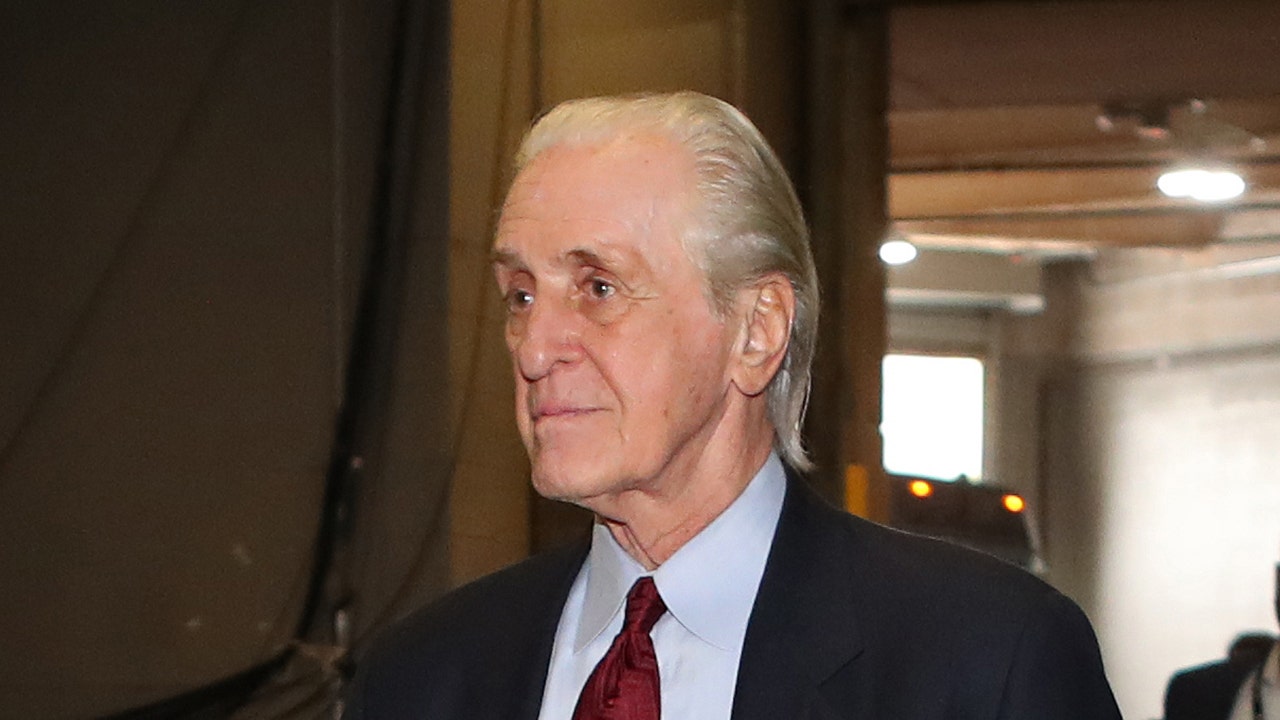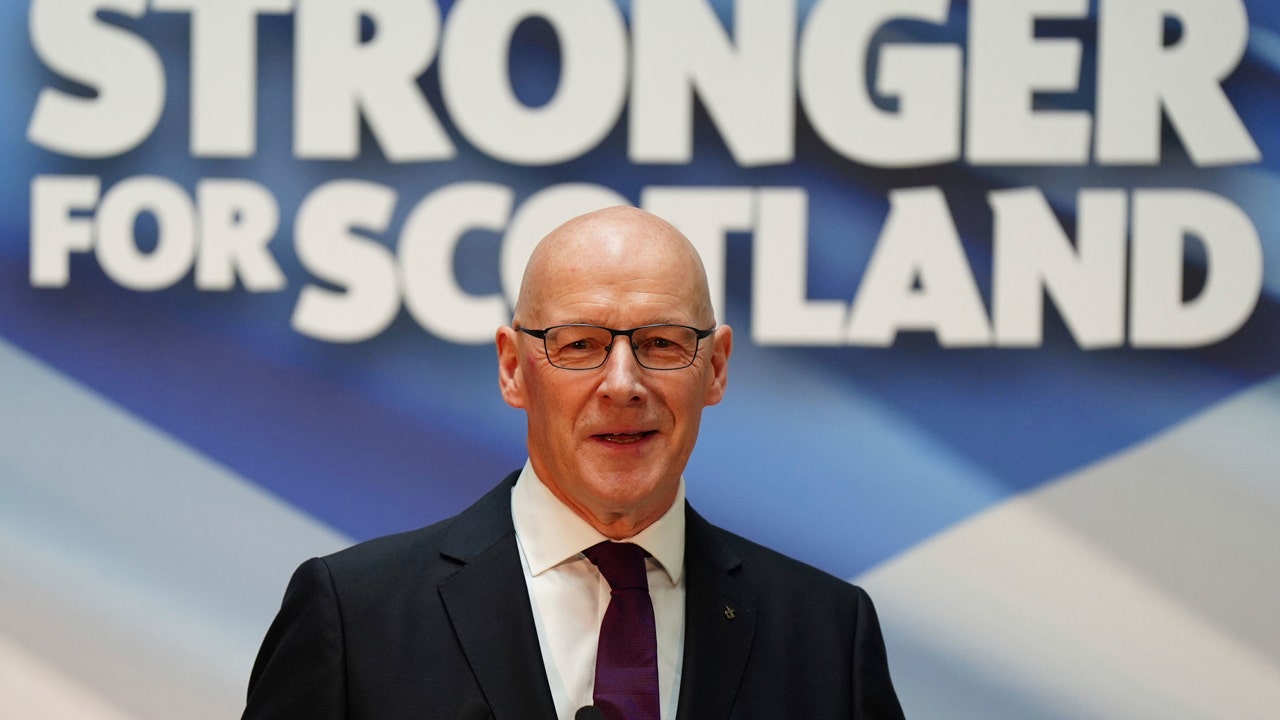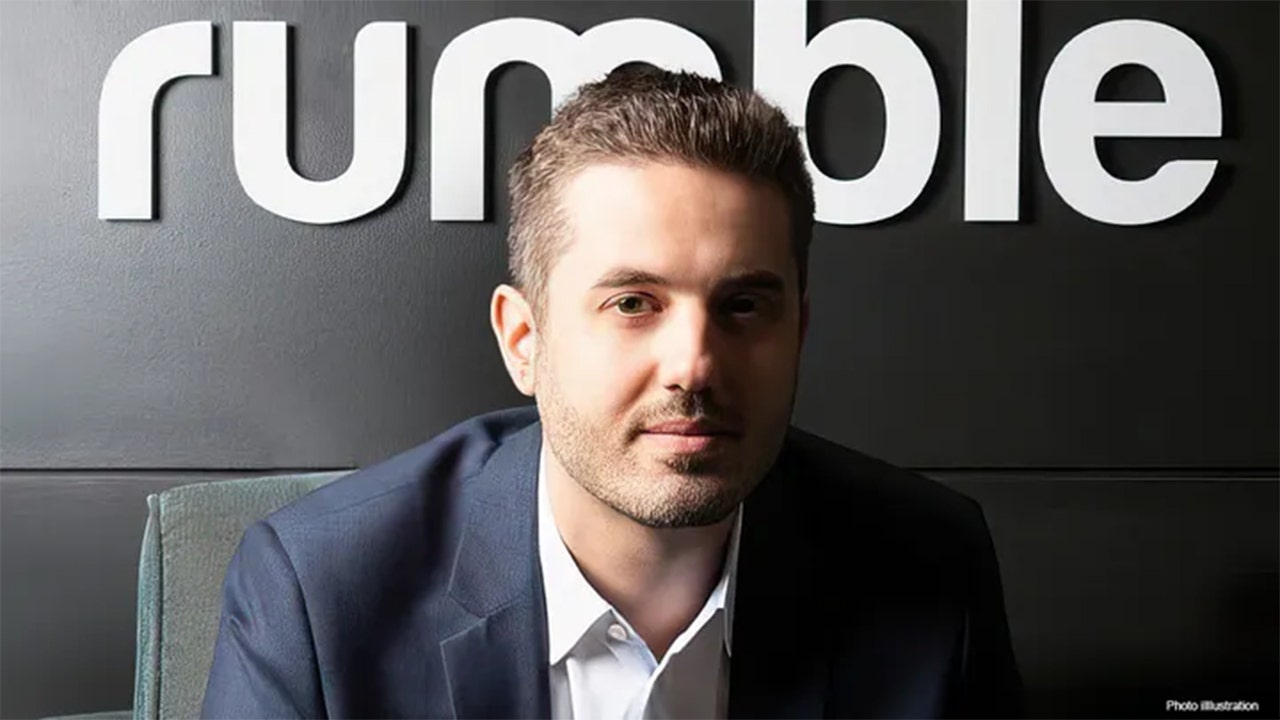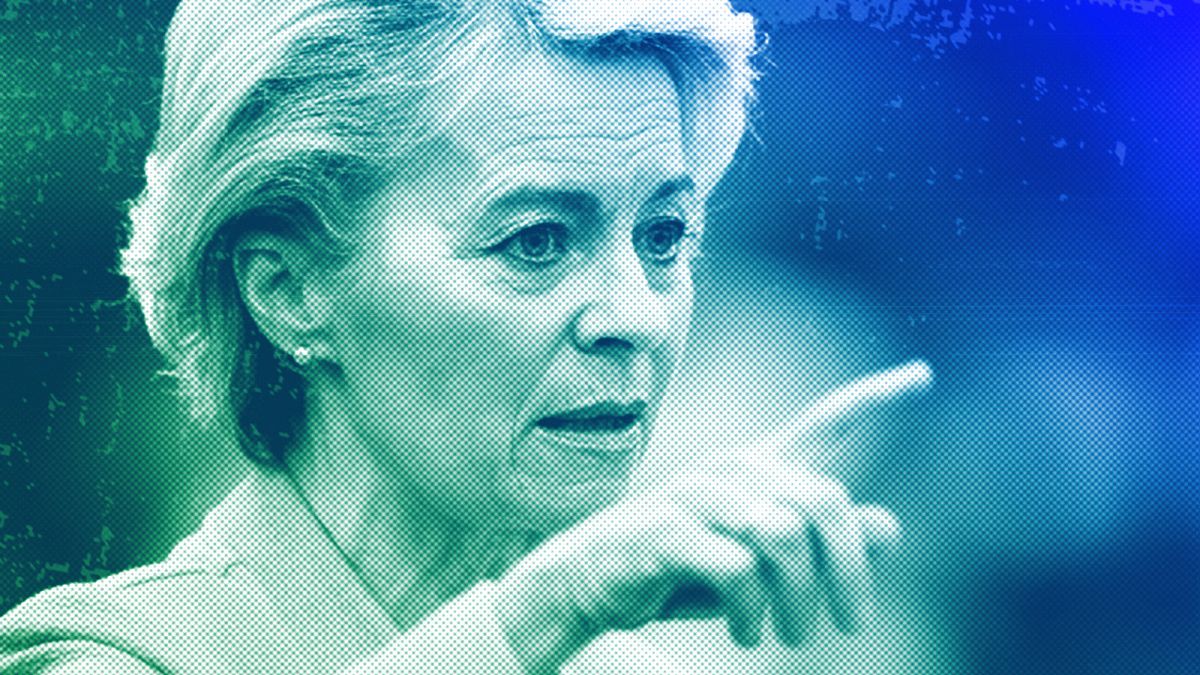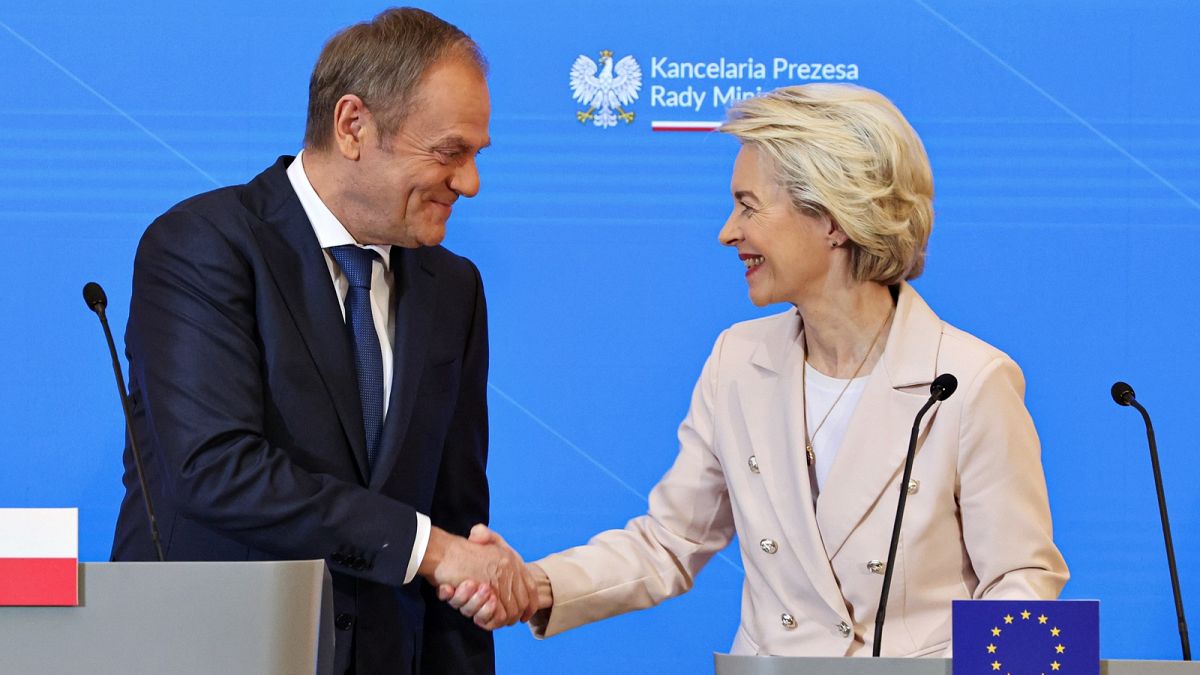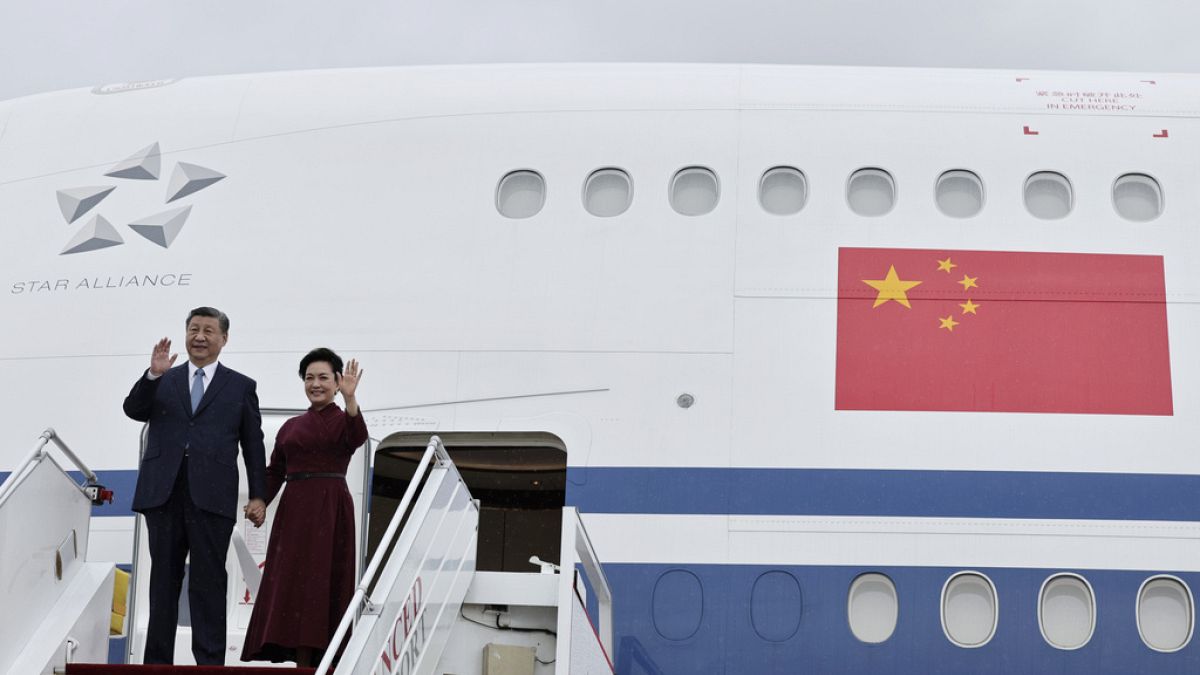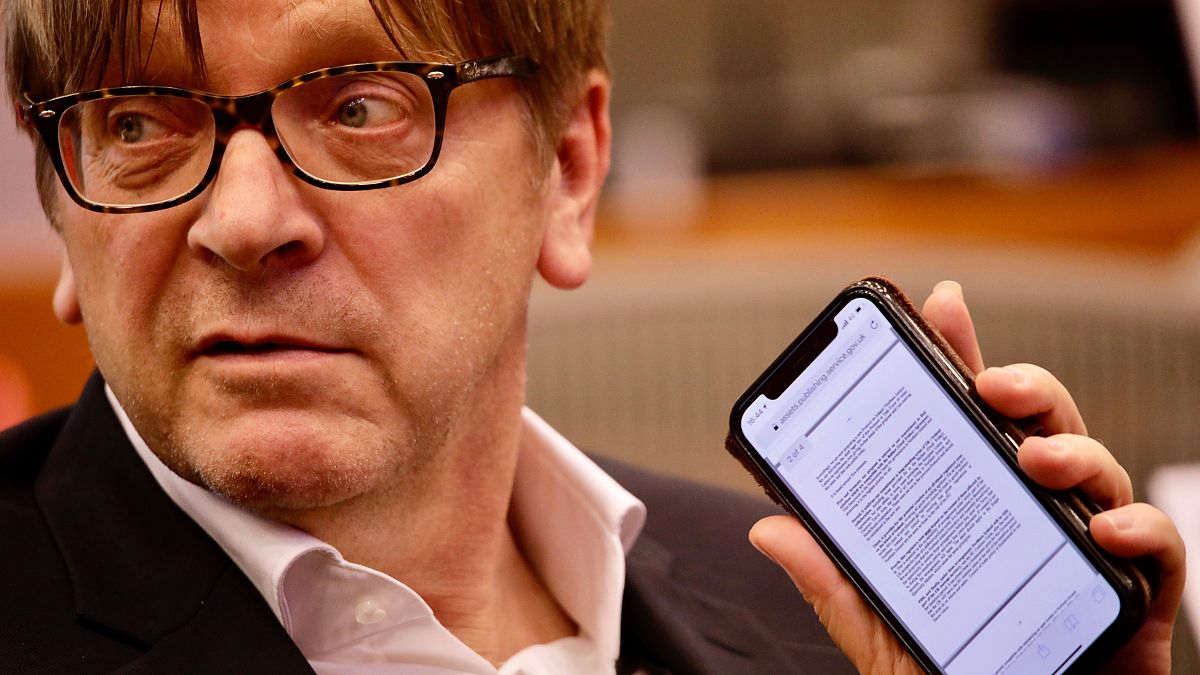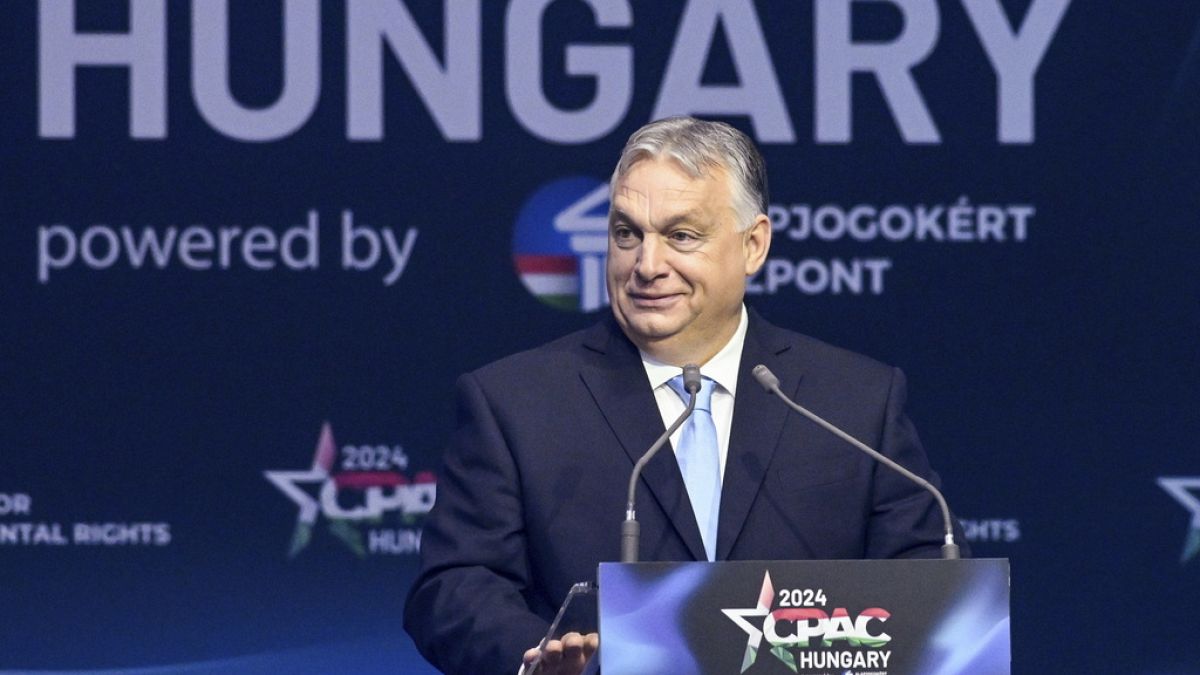The opinions expressed in this article are those of the author and do not represent in any way the editorial position of Euronews.
Uncertainty and ‘polycrisis’ call for more use of foresight methods, not less. Being guided by the wealth of evidence available is the best way for the EU to set an agenda for a secure, prosperous, and sustainable future, Elizabeth Dirth and Jonas Gissel Mikkelsen write.
Responsible policymakers are informed by evidence, especially in times of uncertainty. To navigate complex trade-offs, deal with unpredictability, and balance the interests of the present, the near- and the far-future, evidence-based strategic foresight is a powerful compass to guide decisions.
Used well, Europe’s advanced foresight tools can give it a long-term competitive edge.
That’s why it’s so alarming that EU heads of state and government appear to be ready to ignore the wealth of evidence at their disposal, if the leaked priority-setting document for the next five years of the EU institutions – the Strategic Agenda – does not change.
The provisional priorities, which have been drafted through a series of consultations with European leaders led by European Council President Charles Michel, are not coherent with the EU’s own foresight intelligence.
The most glaring discrepancy is the absence of sustainability. Shifting towards sustainability has been a consistent pillar of future-focused policymaking recommendations, but this does not appear in the draft priorities for 2024-2029.
One leap forward, two steps back?
The evidence at leaders’ disposal has been meticulously assembled. Over the last five years the EU has taken leaps forward in “future thinking” and equipped itself with a vast quantity of information and insights about the possible “futures” we face, summarised in the annual Strategic Foresight reports. Strategic foresight is a serious discipline; a systemic way to help prepare for future shocks and opportunities.
In 2019, European Commission President Ursula von der Leyen created, for the first time, a position dedicated to the task of embedding strategic foresight in the heart of EU policymaking. Executive Vice-President and European Commissioner Maroš Šefčovič has been the face of foresight since then.
Under his tenure the capacity to deliver future intelligence has been strengthened in the Commission’s in-house science unit, the Joint Research Centre, and in the central Secretariat General which reports directly to von der Leyen.
In parallel, an internal network of foresight practitioners has been built-up, and a group of Ministers for the Future from the national level has been convened.
All this has fed into robust annual reports which provide a body of evidence on the threats and trends Europe needs to prepare for and identify “key action areas” to inform the European Commission’s work and the direction of the bloc.
Resilience, sustainability and wellbeing have been constant themes over recent years. As have security and defence, democracy and the rule of law.
But whilst the latter group are well catered for in the new Strategic Agenda, environment and climate considerations and sustainable wellbeing are practically non-existent.
EU leaders ignoring the evidence
Looking at the leaked draft of EU leaders’ top priorities side-by-side with the most recent strategic foresight report, it appears that the insights which the European Commission has invested the last five years in building up are being ignored.
Last year’s foresight communication was titled “Sustainability and people’s wellbeing at the heart of Europe’s Open Strategic Autonomy”.
The 21-page document names “sustainable” or “sustainability” no fewer than 80 times. Of its 10 priority areas for action, six are actions about delivering a sustainable transition – through a net-zero economy, shifts in production and consumption, financial flows, public budgets, indicators, and by making sure all Europeans can contribute to the transition.
The draft five-year agenda relegates resilience, a goal for which the current Commission mobilised €648 billion, to one narrow reference in relation to resource-use. Climate is mentioned only two times – once in connection to innovation, and once in the bullet point: “Prepare for the new realities stemming from climate change”.
Neither decarbonisation nor net-zero were worthy of mention by heads of state, despite the binding goal of a net-zero Europe by 2050.
In other words, key priorities from the EU’s official unit for future-preparedness are largely missing from guidance issued by EU heads of state.
And whilst the leaked Strategic Agenda overlooks key aspects of the EU’s own research and evidence, neither is it informed by public opinion.
Recent EU Barometer polls tell us 85% of EU citizens think climate action leads to greater wellbeing and more jobs, 78% think climate action will help the economy, and 83% agree that the EU should invest massively in renewable energies. (The EU Barometers are another rich source of evidence – this one focused on public attitudes and citizens’ support for policies – which EU leaders appear to be opting to disregard.)
We need a foresight-based strategy for Europe
Aligning the EU priorities 2024-2029 with foresight and public opinion is crucial, and still possible. The key areas of action flowing from the foresight reports can complete the draft Strategic Agenda with missing elements, primarily sustainability.
Uncertainty and “polycrisis” call for more use of foresight methods, not less, for example via a “chief foresighter” at EU level to embed the practice across policy areas and institutions.
Being guided by the wealth of evidence available is the best way for the EU to set an agenda for a secure, prosperous, sustainable future.
Elizabeth Dirth is Managing Director at the ZOE Institute for Future-fit Economies, and Jonas Gissel Mikkelsen is Director and Futurist at the Copenhagen Institute for Futures Studies.
Contact us at [email protected] to send pitches or submissions and be part of the conversation.
